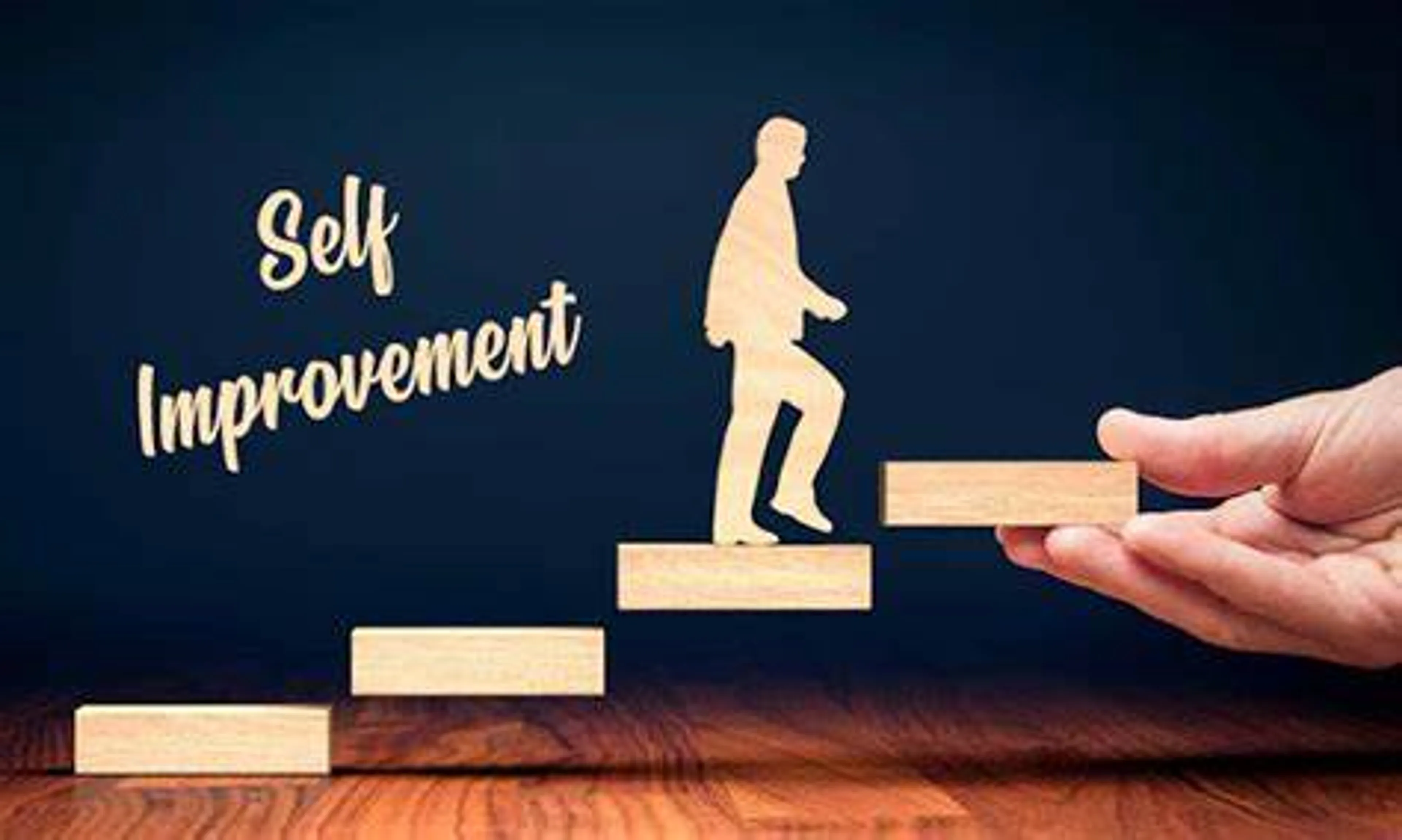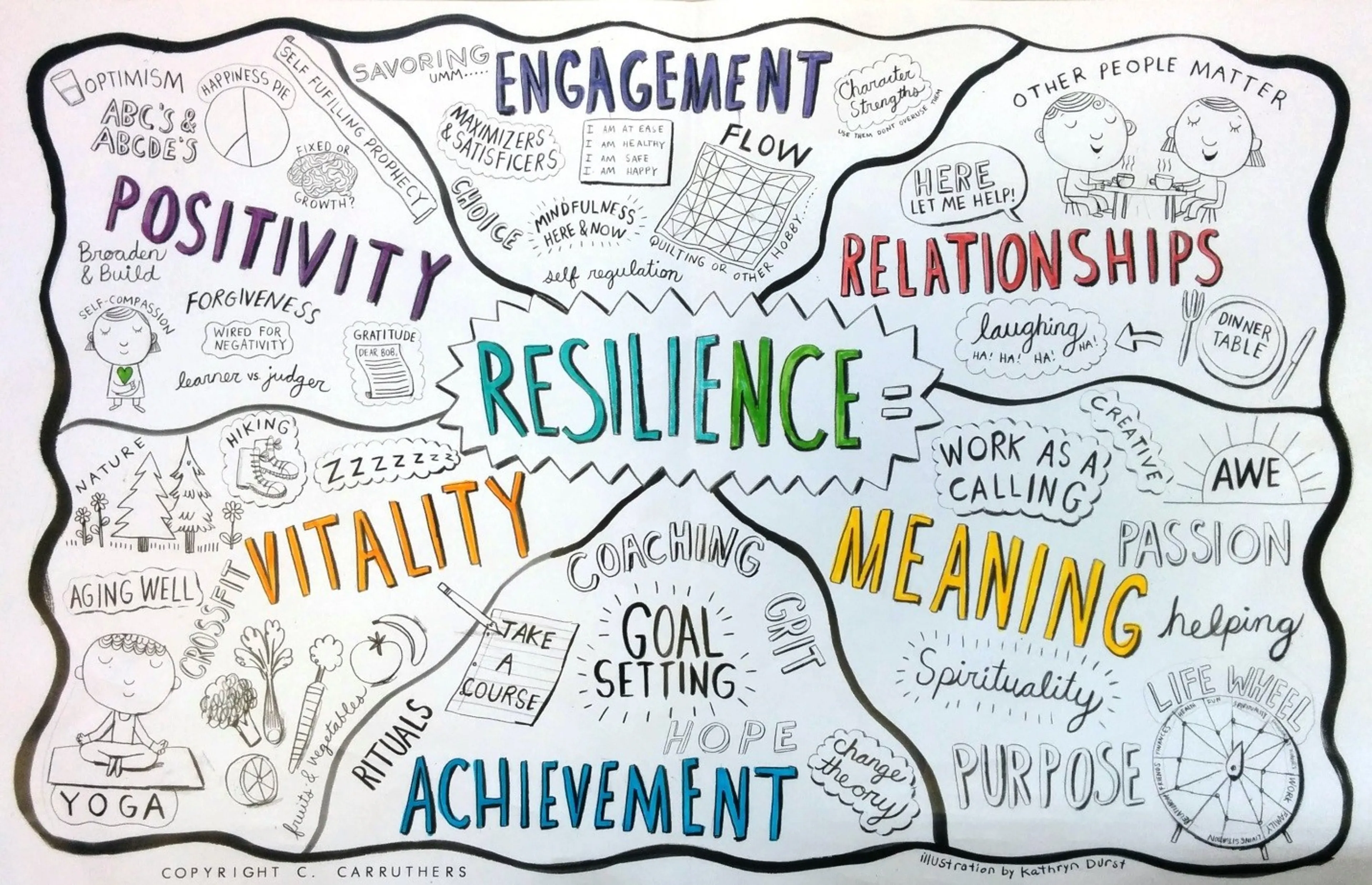
Introduction
Self-improvement is a transformative journey that empowers individuals to become the best versions of themselves. It's a powerful force that can lead to personal growth, enhanced well-being, and greater fulfillment in life. In this essay, we will explore the concept of self-improvement, its significance, and practical strategies for building a better you.
Understanding Self-Improvement
Self-improvement is the conscious effort to enhance one's knowledge, skills, habits, and overall quality of life. It involves a commitment to personal growth and a desire to reach one's full potential. This process can encompass various aspects of life, including physical health, mental well-being, relationships, and professional development.
The Benefits of Self-Improvement
The pursuit of self-improvement offers numerous benefits. It can boost self-esteem and self-confidence, leading to a more positive self-image. It allows individuals to overcome challenges, develop resilience, and become more adaptable in the face of adversity. Additionally, self-improvement can lead to increased happiness, satisfaction, and a greater sense of purpose.
Setting Clear Goals
A fundamental aspect of self-improvement is setting clear and achievable goals. Goals provide direction and motivation. They act as a roadmap for personal growth. When setting goals, it's important to make them specific, measurable, attainable, relevant, and time-bound (SMART). This ensures that you have a clear plan to follow.
Self-Awareness and Reflection
Self-awareness is a crucial component of self-improvement. It involves taking an honest look at your strengths and weaknesses, values, and beliefs. Self-reflection helps you understand your motivations and behaviors. By increasing self-awareness, you can make informed choices that align with your true self.
Continuous Learning and Growth
Self-improvement is an ongoing process that requires a commitment to lifelong learning and growth. Seek opportunities to expand your knowledge and develop new skills. This can be through formal education, reading, online courses, or seeking mentorship and guidance from others who have achieved what you aspire to.
Overcoming Challenges
Challenges are an inevitable part of the self-improvement journey. They test your determination and commitment. Rather than seeing challenges as setbacks, view them as opportunities for growth. Each obstacle you overcome makes you stronger and more resilient, ultimately contributing to your journey of building a better you.
Cultivating Healthy Habits
Positive habits are the building blocks of self-improvement. Establishing routines that support your physical, mental, and emotional well-being is essential. This includes maintaining a balanced diet, engaging in regular exercise, practicing mindfulness, and nurturing meaningful relationships.
Conclusion
In conclusion, the power of self-improvement is undeniable. It is a transformative force that can lead to personal growth, increased well-being, and a more fulfilling life. By setting clear goals, increasing self-awareness, committing to continuous learning and growth, and cultivating healthy habits, you can embark on a journey to build a better you. Remember that self-improvement is a lifelong process, and each step you take brings you closer to unlocking your full potential and becoming the best version of yourself.



